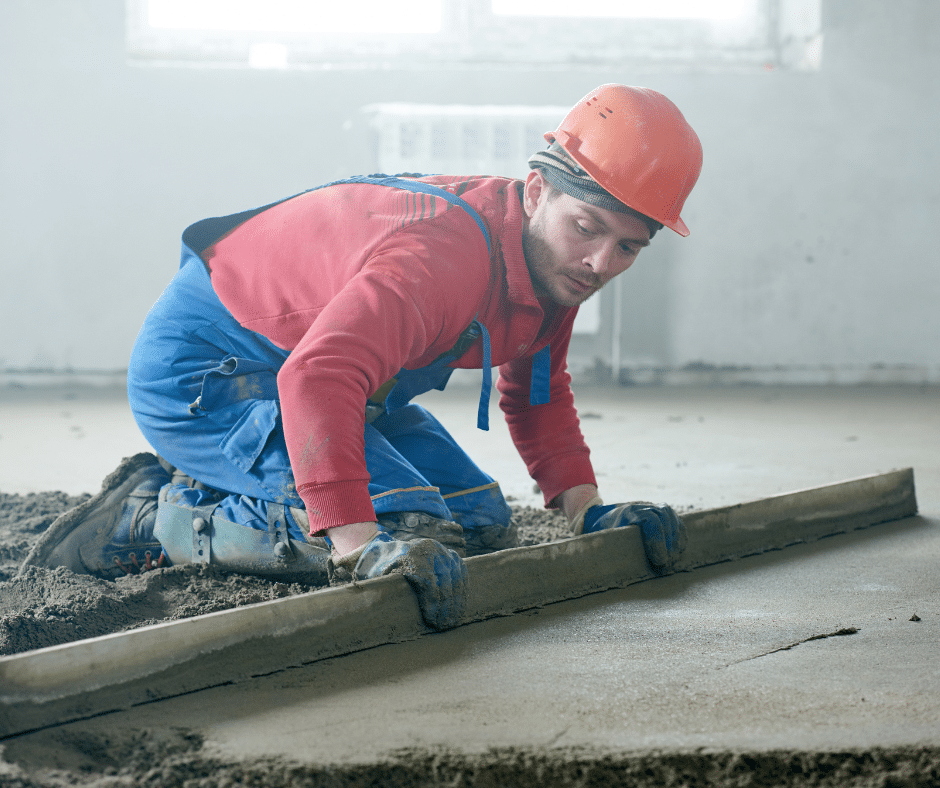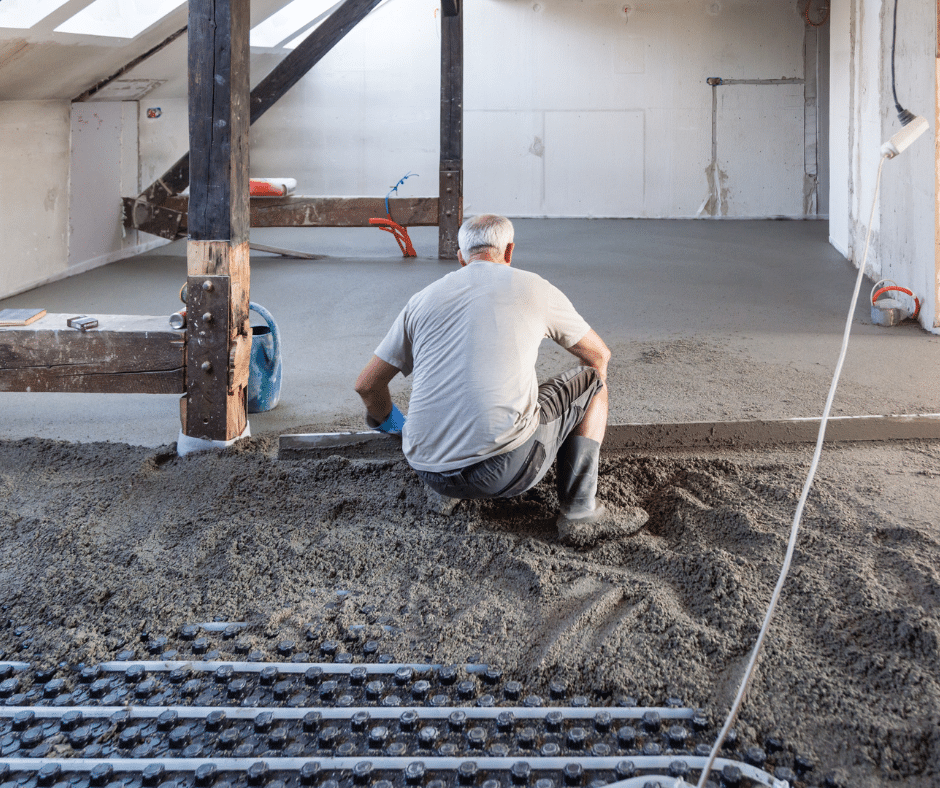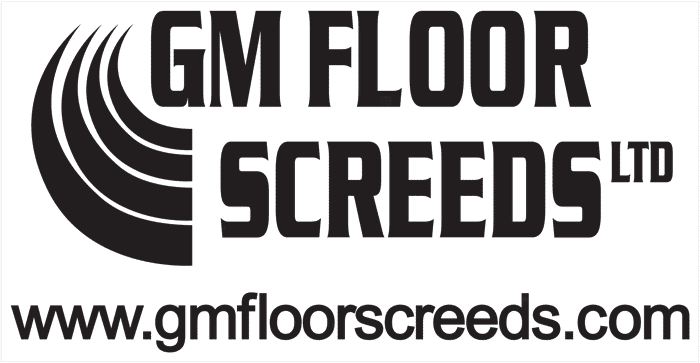Floor Screeds Concrete Fibres

Enhancing Strength and Durability in Screeds
At GM Floor Screeds, a local floor contractor based in the Midlands, we specialise in delivering top-quality floor screeding solutions, including liquid screeds, sand and cement screeds, and advanced flooring services like floor-level surveys and acoustic flooring. In this blog, we explore the benefits of using concrete fibres in screeds, which is an innovative solution to improving the strength, crack resistance, and durability of concrete floors.
What Are Concrete Fibres in Screed?
Floor screed fibres are commonly made from polypropylene fibres that when added to floor screeds, enhance the tensile strength of the final layer. These fibres are distributed evenly throughout the screed mix thanks to specialised dispersing agents, reinforcing the material without replacing traditional steel reinforcement.
Although adding fibres may make the screed mix stiffer and more difficult to work, the benefits far outweigh the inconvenience. Screed concrete fibres do not replace structural steel reinforcement but can reduce shrinking or cracking issues in flooring screed.
What Are The Best Fibres For Concrete?
Each type of concrete fibre will offer unique advantages, but it will highly depend on the type of project you have and its requirements The main concrete fibres include:
- Steel Fibre Reinforced Concrete: Known for its high tensile strength, the steel fibre reinforced concrete type is very used in industrial flooring and heavy-duty applications.
- Glass Fibre Reinforced Concrete (GFRC): High durability and weight reduction, this type of fibre is used in decorative panels and facade cladding.
- Carbon Fibre Reinforced Concrete: With a high strength-to-volume ratio, the carbon fibre is ideal for structural reinforcement and repair.
- Polypropylene and Natural Fibres: Very used in residential applications and freeze-thaw cycles. These fibres offer reduced cracking and enhanced freeze-thaw resistance.
Floor Screed Fibres Benefits
Choosing concrete fibres to reinforce your floor screeds can bring many benefits and even though its price may be a bit higher than normal concrete screeds, it can be a cost-effective solution for many applications. Its benefits include:
When Should I Use Concrete Fibres?

Concrete fibres are versatile flooring materials that can be used to reduce cracking, increase durability, improve load-carrying capacity, and reduce freeze-thaw resistance. They can also create a specific finish using micro-synthetic fibres for an invisible finish.
Synthetic fibres are also a sustainable technology, that can reduce CO2 emissions by eliminating the need for steel mesh. The type of concrete fibre used depends on the project’s specific requirements. Steel fibres are typically chosen for industrial floors or explosion-resistant structures, while polypropylene or natural fibres are more suitable for residential projects like driveways or slabs.
Is Fibre in Concrete Worth It?
Even though concrete fibres as a more expensive option when in comparison to traditional concrete, the advantages that it brings can be worth the value of its cost, but the final answer to this question will depend on the project needs and budget. For industrial applications or areas with heavy use, the benefits of concrete fibres often outweigh its initial costs.
How to apply concrete screed?
Applying fibres to the concrete screeds involves much more than just mixing the content. The application of floor screeds requires knowledge, expertise and experience, and for better results and to be compliant with all regulations, a local floor screed installer may be needed. Therefore, the usual steps for applying the fibres to the concrete screed and then to the floor includes:
• Selecting the Fibre Type: Choose the best concrete fibre for your project, be it steel, glass, carbon, or polypropylene.
• Consulting with Experts: Work with specialists, like the team at GM Floor Screeds in Birmingham, to create a custom mix that effectively incorporates the fibres and install your floor screeds with expertise.
• Adding Fibres to the Mix: Add fibres to the concrete mix at the batching plant or on-site, depending on the project’s scale and type of floor screed concrete fibres chosen.
• Placement and Finishing: The use of conventional equipment such as vibrating screeds or trowels, makes any necessary adjustments to accommodate the fibres.
• Curing: Start the curing process immediately after concrete finishing and continue for at least seven days to let screeds achieve their maximum strength and durability.
Contact Your Local Flooring Contractor
If you are looking to improve the durability of your industrial floor or home driveway, GM Floor Screeds can help you! We specialise in the installation of floor screeds of many types, and we can help you prepare your floor beforehand. Contact us for a quote free of charge and get your floor screeds installed with the Midlands experts.

